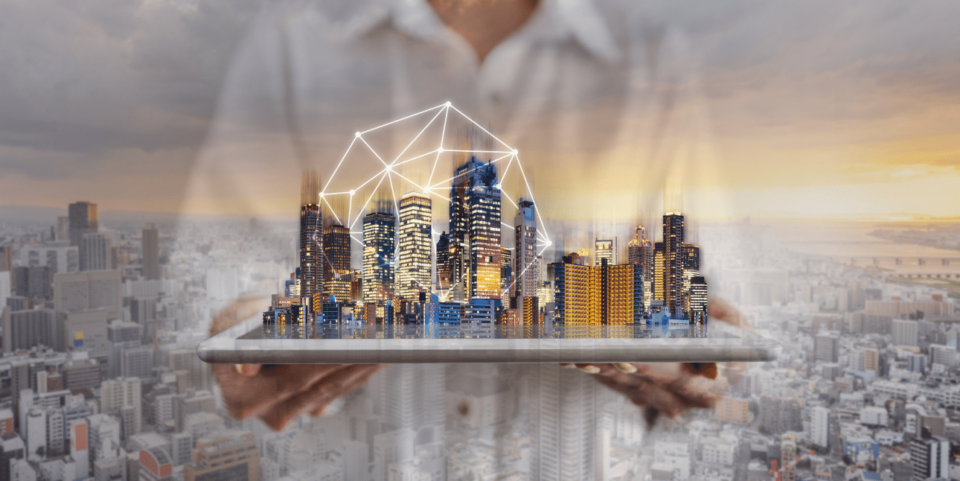The retail real estate landscape is undergoing significant changes, driven by shifts in consumer behaviors and technological advancements. Property development companies are at the forefront of designing spaces that cater to these evolving needs, ensuring that retail environments not only survive but thrive in the future.
What Property Development Companies Do
Services Offered
property development company provide comprehensive services that span from initial site selection and acquisition to construction, leasing, and ongoing management. These services are crucial in transforming a vision into a tangible, functioning retail space that meets both market demands and investor expectations.
Integration of Technology
The integration of advanced technologies allows developers to enhance building management systems, improve tenant interactions, and offer consumers a seamless shopping experience. Features like smart lighting, interactive directories, and automated systems are becoming standard in modern retail spaces.
Adapting to the Retail Landscape
Responding to Consumer Trends
Developers must stay agile, adapting their projects to align with current and emerging consumer trends. This includes creating more open, flexible spaces that can host pop-up stores and seasonal outlets, reflecting the dynamic nature of retail.
Designing for Experience
Today’s consumers seek more than just shopping; they crave experiences. Thus, developers are increasingly focusing on creating aesthetically pleasing environments with amenities that attract foot traffic and encourage longer visits, such as dining options and entertainment venues.
The Role of Sustainability in Development
Sustainable Practices
Sustainable development is no longer optional but a necessity. Developers are implementing green building standards and technologies that reduce environmental impact, attract eco-conscious tenants, and result in cost savings over the lifespan of the property.
Community Impact
Sustainable projects also significantly impact local communities by creating healthier environments and fostering social interaction. These projects often incorporate community spaces, promote local art, and provide public amenities that enhance the quality of life.
The Economic Impact of Property Development
Job Creation and Economic Contribution
Property development acts as a catalyst for local economies by generating jobs, both during construction and through the businesses that occupy the developed spaces. These projects can transform underutilized areas into bustling commercial hubs.
Long-term Financial Benefits
Thoughtfully designed retail spaces not only meet current market needs but are also adaptable for future use, ensuring long-term viability and profitability. This foresight is crucial for sustaining investment returns as market conditions evolve.
Challenges and Solutions
Overcoming Economic Fluctuations
Property developers must navigate economic cycles with strategic planning and robust financial modeling to ensure projects remain viable even in downturns, leveraging market research to make informed decisions.
Navigating Regulatory Landscapes
Adhering to zoning laws and environmental regulations requires a proactive approach. Developers often engage with local governments early in the planning process to ensure all legal and regulatory requirements are met, avoiding costly delays.
Future Trends in Retail Real Estate Development
The Rise of Mixed-Use Developments
The blending of residential, commercial, and leisure spaces in a single development is a growing trend. These mixed-use developments respond to the desire for more integrated lifestyles, where living, shopping, and entertainment converge seamlessly.
Technological Innovations
Future developments in retail real estate will likely see an increased use of technology, such as augmented reality (AR) to enhance the shopping experience, and big data analytics to tailor services to consumer preferences.
Conclusion
The role of property development in shaping the future of retail real estate is more crucial than ever. By focusing on innovative design, sustainability, and adaptability, developers can ensure that their projects remain relevant and successful, providing value to tenants, consumers, and investors alike.
For more insights into how a property development company is revolutionizing retail real estate, follow industry leader Todd Maxwell’s thought-provoking discussions and updates on LinkedIn.

